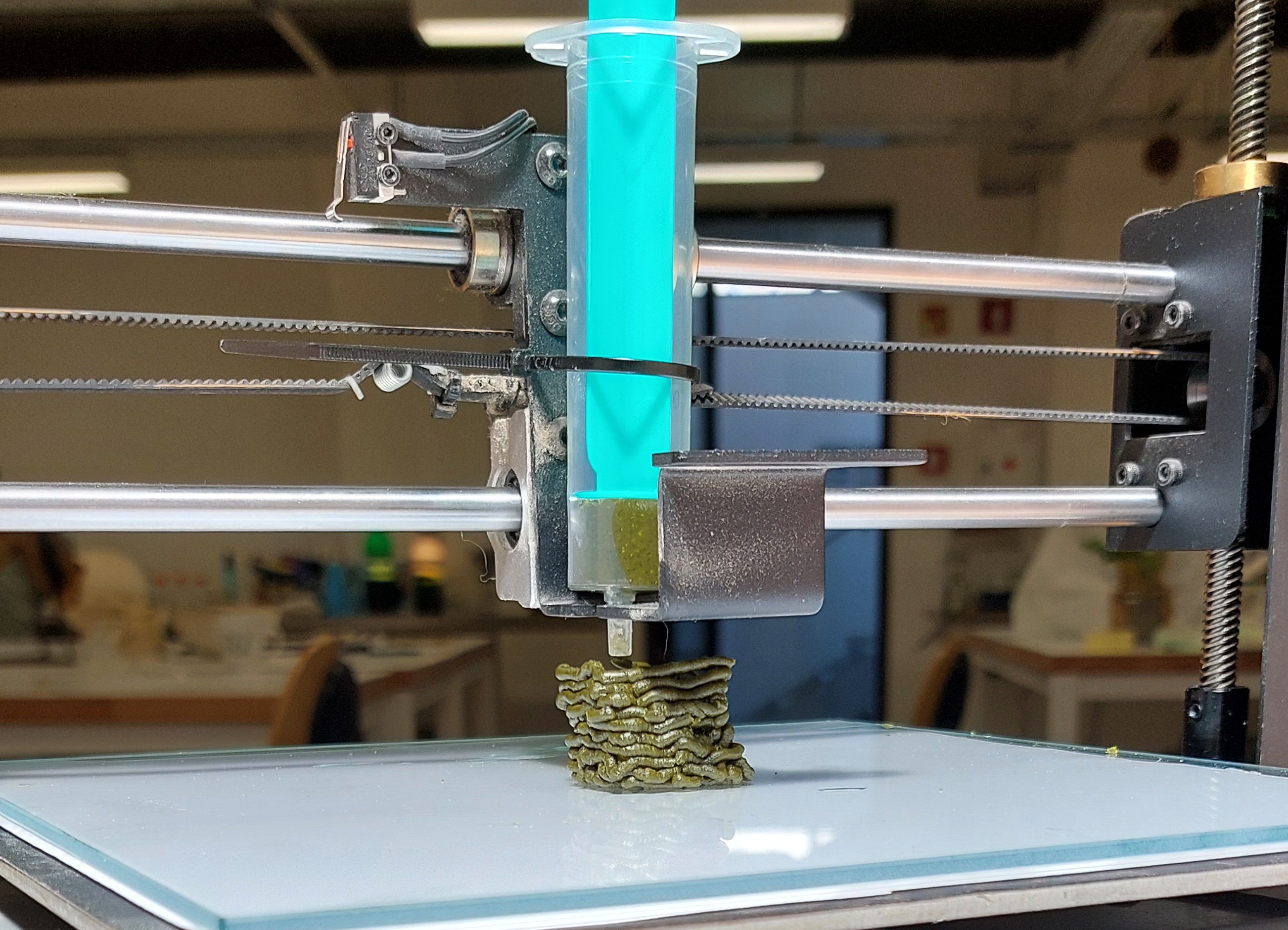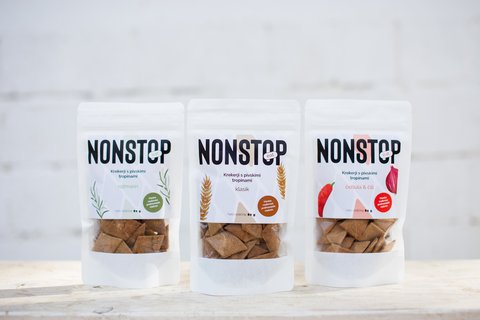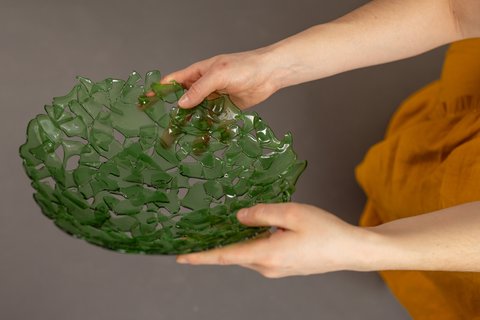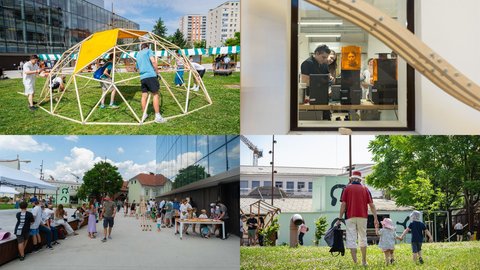Bio3DPrinter
7. 8. 2024

In the workshop, we will tackle the challenge of transforming a standard 3D printer into a bio3D printer, capable of printing biomaterials ranging from clay and bioceramics made from eggshells to hydrogels, which can serve as scaffolds for cell growth and more.
The workshop is designed for individuals passionate about technology, innovation, and pushing the boundaries of what's possible. We will delve into the world of 3D printing and explore its principles and potential applications in bioprinting. Together, we will disassemble a standard 3D printer and integrate the necessary components for printing biological materials. Additionally, we will embark on the journey of developing a biomaterial suitable for printing, addressing challenges such as appropriate viscosity, curing, and material shrinkage.
Participants will have the opportunity to contribute their expertise and creativity to this ambitious project. Whether you're an experienced technologist, a materials scientist, or simply someone with a knack for problem-solving, your insights and skills will be invaluable as we tackle this challenge together.
This project is intended for individuals with technical skills in engineering and electronics, as well as those deeply interested in 3D printing technology. Participants with experience in materials science will play a crucial role in selecting and testing biomaterials suitable for bioprinting applications, thus contributing to our collective efforts to transform a standard 3D printer into a bioprinter. The project is open to anyone with a passion for technology, a willingness to collaborate, and a desire to tackle complex challenges at the intersection of 3D printing and bioprinting.
Duration: 4 sessions of 3 hours each
The first meeting will be on Wednesday, June 26, from 5 p.m. to 8 p.m., followed by every other Wednesday.
About the mentors:
The workshop will be led by Maruša Ramšak, head of the Green Lab, a biotechnologist with extensive experience in synthetic biology. She is interested in the functioning of various organisms and how they can contribute to sustainable development and address environmental challenges, green technologies, and food security.
Zelimkhan Suleymanov, a student of architecture, technologist, mentor in RogLab, and now at Center Rog. In his Khan workshop, he creates various prototypes, models, and advertising signs. At home, he engages in aquaponics, growing microgreens, and mycelium.
Tauan Bernardo is the head of the FabLab at Center Rog, a designer, creator, and educator. He has led numerous FabLabs and is a passionate advocate for technology, innovation, digital manufacturing, and the maker movement.
***
Meeting point: 15 minutes before the scheduled time in the entrance hall of Center Rog. Please store your personal belongings in the locker room before the start of the program. Do not be late for the program. In case of late entry, we do not guarantee admission - once the creative process has started, it is no longer possible to join.
The workshop will be held with a minimum of 4 registrations. In case of non-execution, you will be informed at least two days before the start of the program.
In case of non-attendance, fees will not be refunded, nor is it possible to change the date. Participation can be transferred to another person; please inform us at least 24 hours before the start of the program by email at: fablab@center-rog.si.
See more
Nonstop Food

Ekipo Nonstop sestavljajo trije študentje živilstva Eva Mustafa, Luka Korošec in Gašper Korat. Ukvarjajo se z izkoriščanjem stranskih surovin, ki ostajajo zavržene v agroživilski industriji, še posebej s stranskim produktom proizvodnje ...




